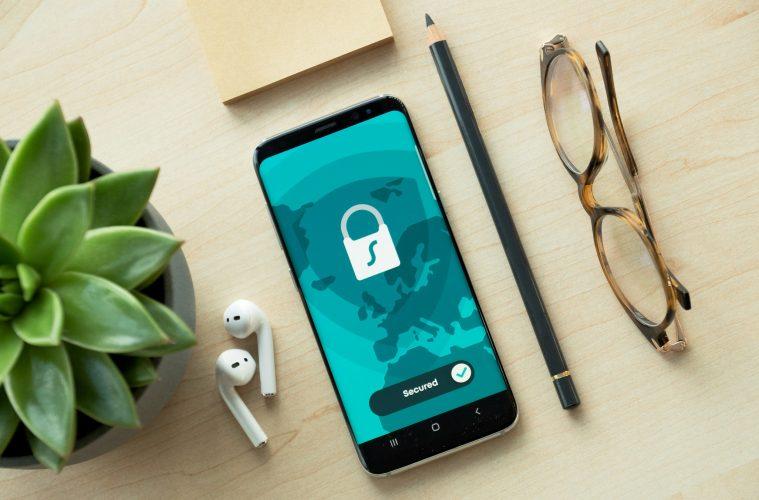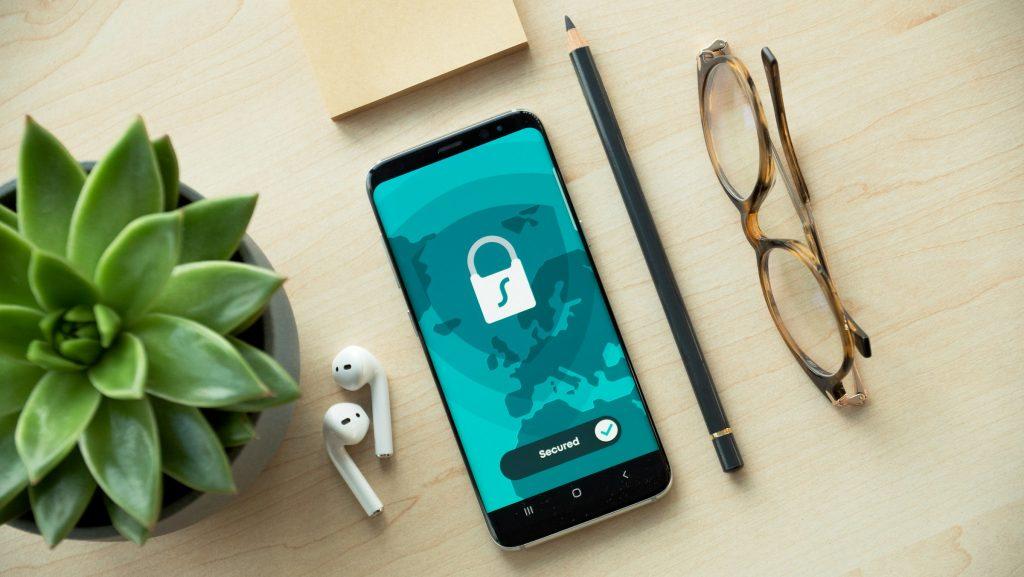If you’ve already watched the new Netflix documentary “Can I Tell You a Secret?“, then you’re probably wondering how cyberstalker Matthew Hardy was able to get information about his victims.
Figuring out how is as easy as pie— through technology. After all, we’ve been glued to our phones most of the time, staring at our screens watching TikTok, scouring social media, checking emails or anything you can imagine!
With our constant online interactions, we risk our privacy, leading to crime like identity theft and cyberstalking. So, you need to protect your privacy more!
And here’s how you can easily do it!
Update your OS and system apps regularly
How does your phone operate?
Simple— through an operating system!
It enables your device to function, regardless of whether you’re using an iPhone or Android. Not only that, but an OS is also equipped with security features that keeps your device secure and private.
So, keep your phone’s software up-to-date. This way, any security vulnerabilities are fixed, protecting your device from malware.
Keep your passwords strong and unique
We’ve all got information to protect, and it’s important that it’s completely secured!
This is why your device (or even accounts) require strong passwords. These will keep any unauthorized access at bay, protecting your personal information!
But what makes a password strong? Here are some tips to help you create a password that no one else can guess!
Your password must be between 8-12 characters.
Include uppercase letters in your password.
Use special characters in your password.
Add numbers to your password.
If you aren’t sure what password to set, you can always use a password generator. You should also create passwords for different accounts to safeguard your data!
Beware of public Wi-Fi networks
While it’s true that public Wi-Fi networks are handy when you’ve got no data, it also poses dangers to your device’s privacy.
Why?
It’s because these networks are often unsecured. This makes it easier for hackers to intercept your data. But if you’ve to use public Wi-Fi networks, use a VPN to encrypt your internet connection, protecting your privacy.
Know your device’s privacy settings
Your phone and apps have privacy settings that help you secure your data. But did you know that you can adjust these settings?
Yes! You can adjust your device’s privacy settings to your comfort level. Doing so will help you minimize data collection and sharing, reducing the risk of any breaches.
So go ahead and explore the privacy settings on your phone and apps!
Use two-factor authentication
Did you know that passwords may not be enough to protect your privacy?
It’s true— and this is why adding an extra layer of security can be helpful!
But how?
You can use a second form of verification when you’re logging in on an app or an online c account. This often comes in the form of codes sent to your phone.
By enabling two-factor authentication, you can prevent unauthorized access to your accounts!
Keeping your data safe from hackers doesn’t have to be as grand as those in movies. With these tips, you can be a smarter user for your device, safeguarding your data away from cybercriminals!
And if you’re still a bit paranoid, you can search “how to protect my phone from hackers” to make your device more secure!



